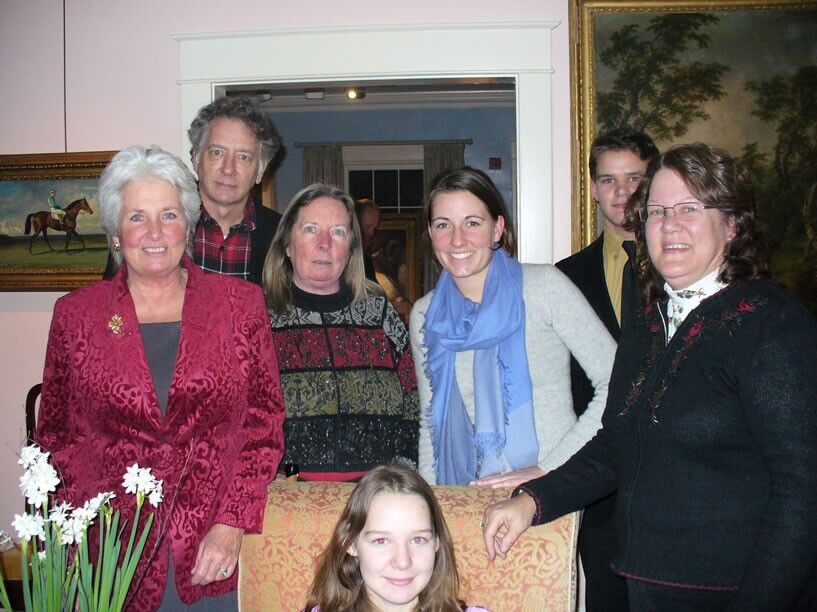
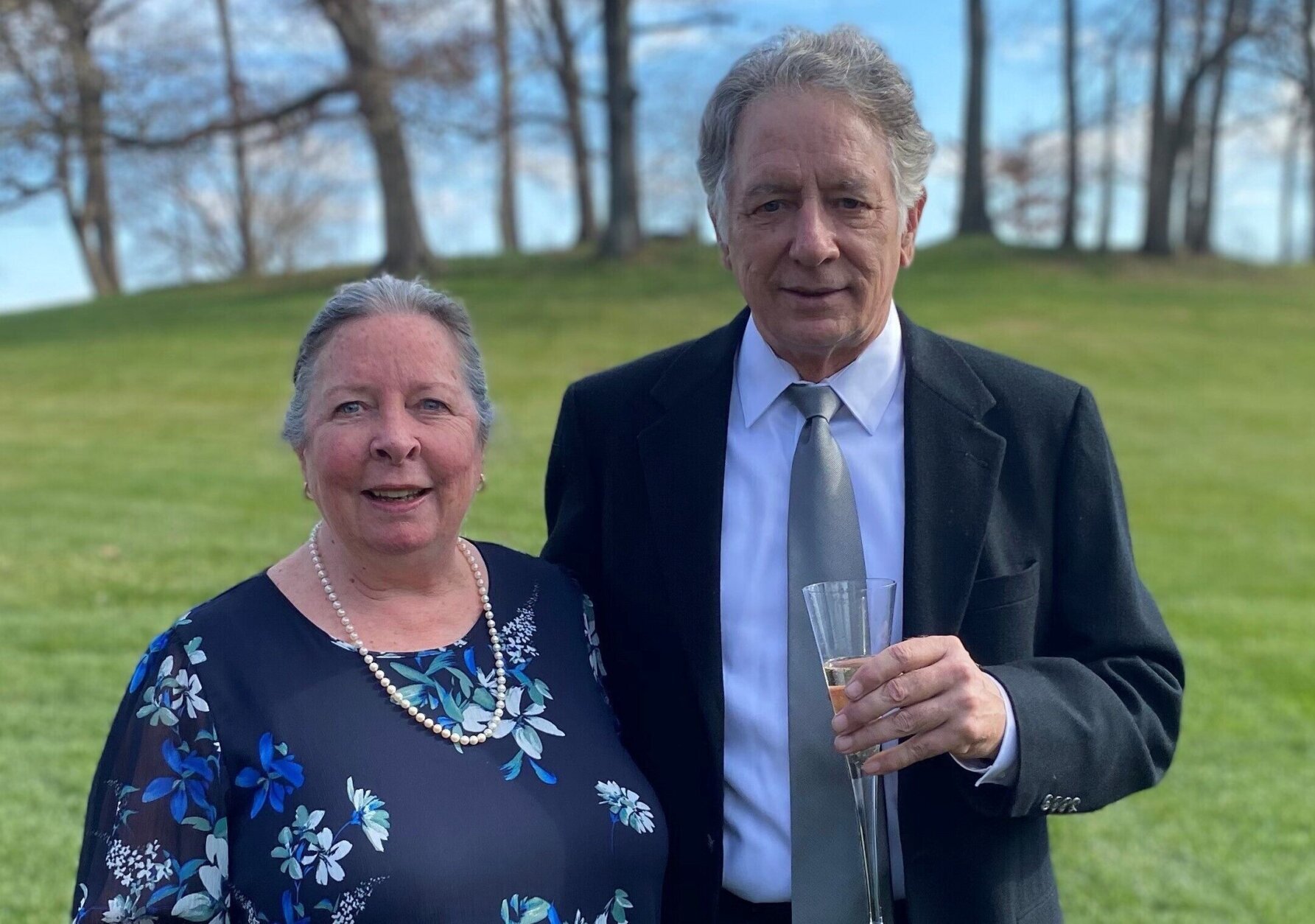
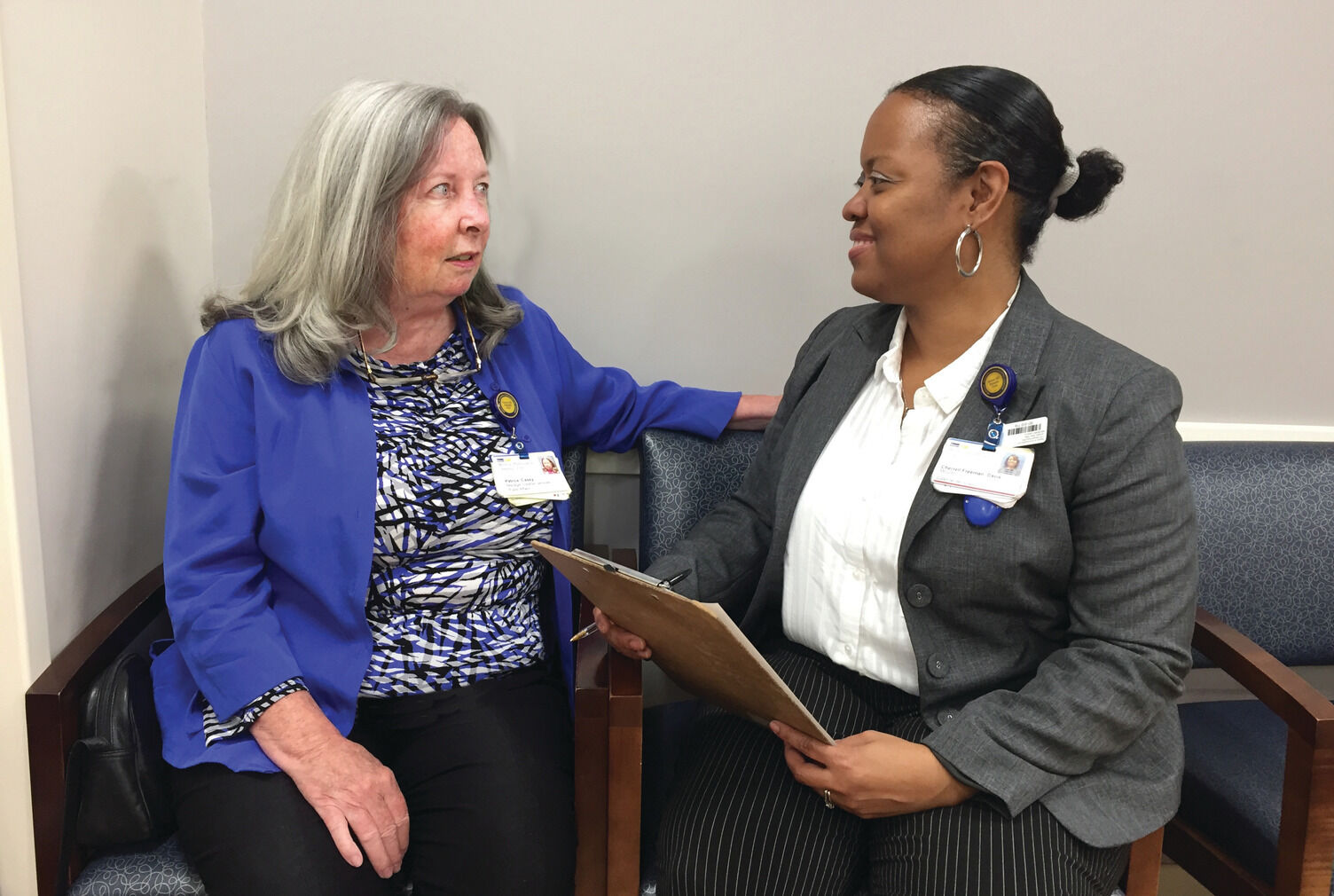
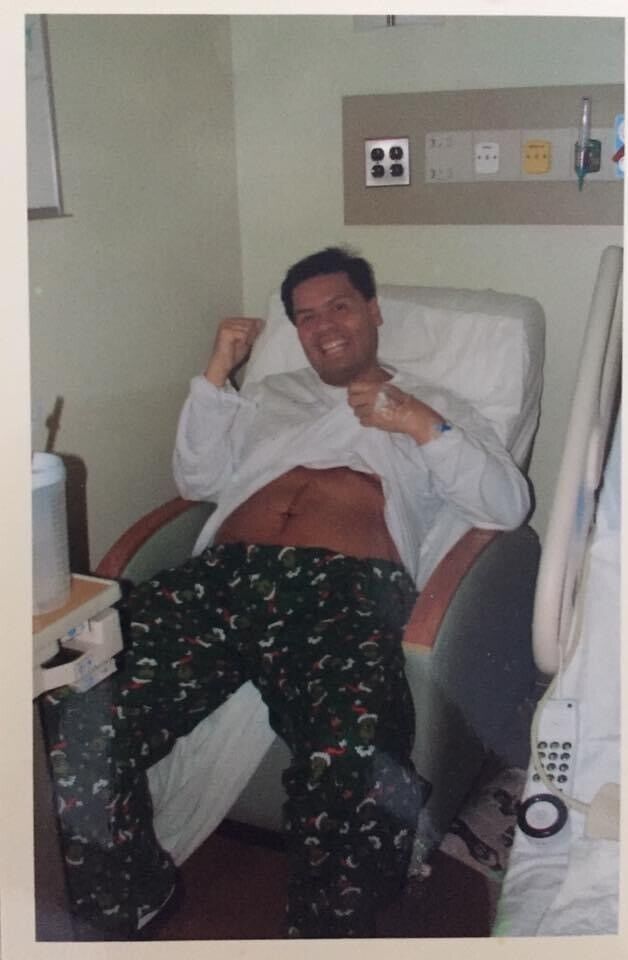

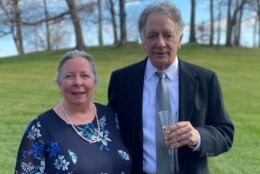
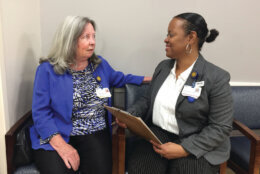
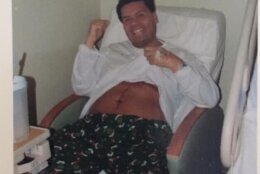
No family history, no symptoms, no problem, right? Wrong. A Northern Virginia woman, whose colleague convinced her to get a colonoscopy, detailed her journey to commemorate Colorectal Cancer Awareness Month.
Patty Casey, 65, said that her doctor found 19 polyps during her procedure in 2019. One of those was a larger growth that her doctor could not get to in order to remove, and told Casey that she would need to have surgery.
That larger growth was a neuroendocrine tumor that typically involves surgery followed by chemotherapy.
“I got lucky and I was one of the 10% that did not have to do [the chemo]. All I did was check in with my oncologist and then get another colonoscopy one year later, and I was clean as a whistle the second time,” she said.
Casey had put off getting screened two decades beyond the American Cancer Society recommendation for initial screening, which is 45 years old for people at average risk.
Casey said there is no history of colon cancer in her family; her sister’s colonoscopy revealed no issues. She was in good health and skeptical when a colleague suggested she get one.
She works at MedStar Washington Hospital Center, where she is the art director for printed materials within the hospital.
“I was delivering brochures to the colorectal department, and the admin person said to me, ‘Well, have you had a colonoscopy?’ And I kind of tried to slink away. I said no. And she said, ‘We’re having a special session this Saturday. And you could, you wouldn’t even have to miss work,’” Casey said.
Since her experience, Casey said she’s been a vocal advocate, advising friends to get screened.
“What you don’t know can kill you. And it’s a simple thing,” she said.
Asked what she’d like other people to know, Casey said the prep of flushing out your system before the procedure isn’t as bad as it once was.
“And it’s a small price to pay for the peace of mind that you will have afterward,” she said.
Here at WTOP, evening producer Mike Jakaitis was diagnosed with colon cancer in 2006 after failing a routine test at a blood drive at work. He has been free of cancer for 15 years.
Colorectal cancer is the second-leading cause of cancer death in men and women combined in the U.S. It is highly preventable and treatable with early detection through screening.








